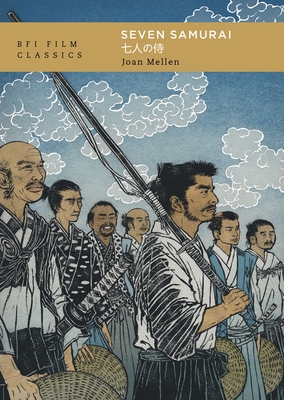Seven Samurai

Seven Samurai
In Seven Samurai (1954) a whole society is on the verge of irrevocable change. Akira Kurosawa's celebrated film, regarded by many to be the major achievement of Japanese cinema, is an epic that evokes the cultural upheaval
brought on by the collapse of Japanese militarism in the 16th century, but at the same time echoes also the sweeping cultural changes occurring in the aftermath of the American Occupation that followed Japan's defeat in the Second World War.
PRP: 116.91 Lei
Acesta este Prețul Recomandat de Producător. Prețul de vânzare al produsului este afișat mai jos.
105.22Lei
105.22Lei
116.91 LeiLivrare in 2-4 saptamani
Descrierea produsului
In Seven Samurai (1954) a whole society is on the verge of irrevocable change. Akira Kurosawa's celebrated film, regarded by many to be the major achievement of Japanese cinema, is an epic that evokes the cultural upheaval
brought on by the collapse of Japanese militarism in the 16th century, but at the same time echoes also the sweeping cultural changes occurring in the aftermath of the American Occupation that followed Japan's defeat in the Second World War.
Detaliile produsului











